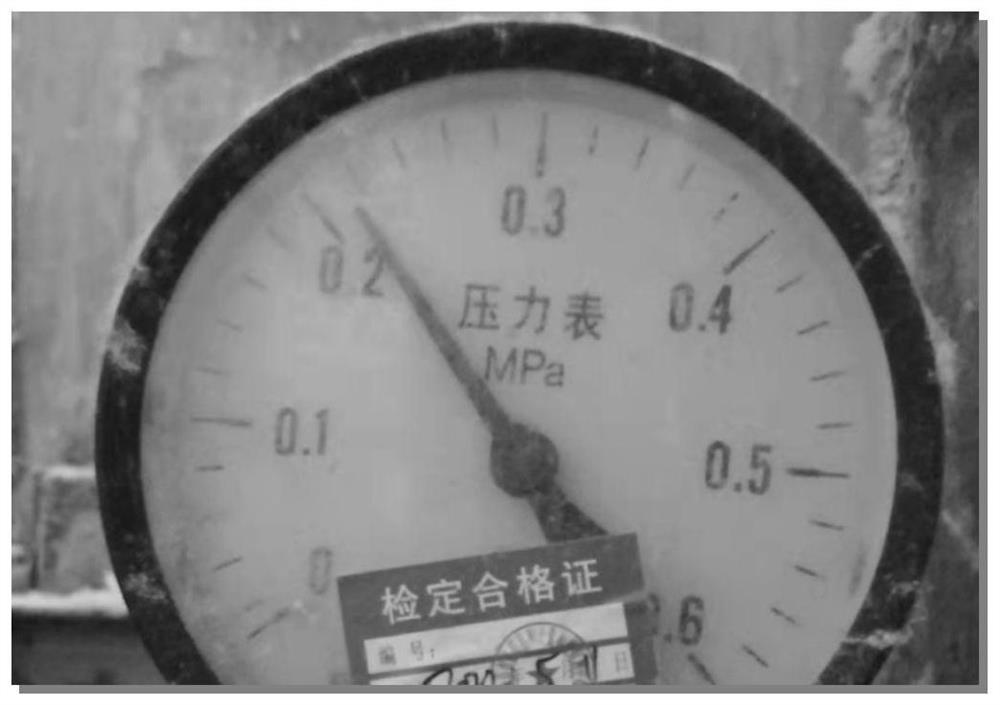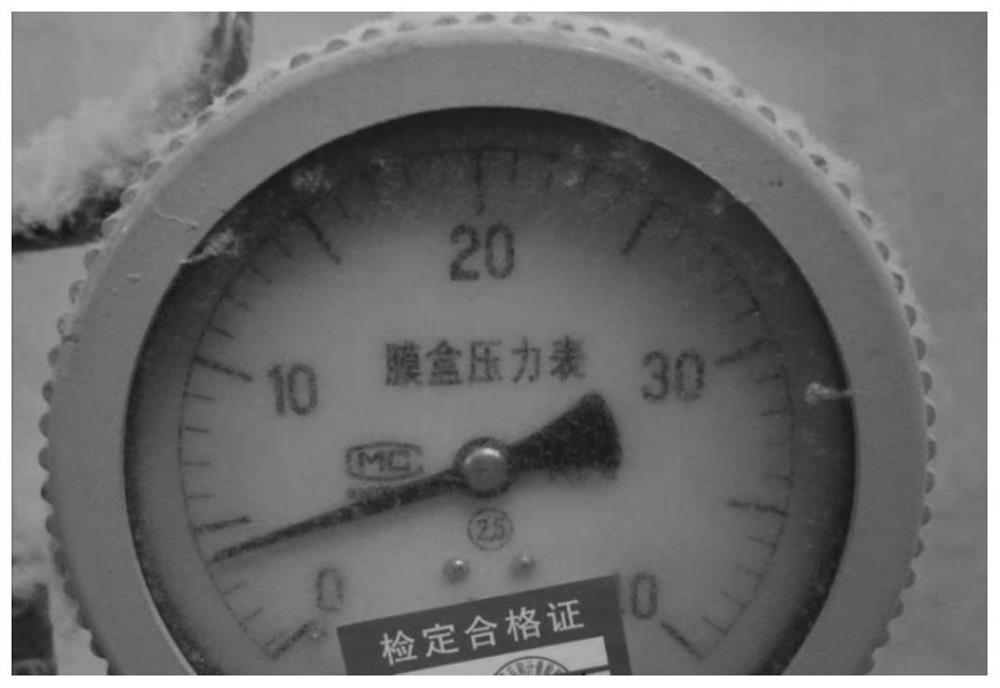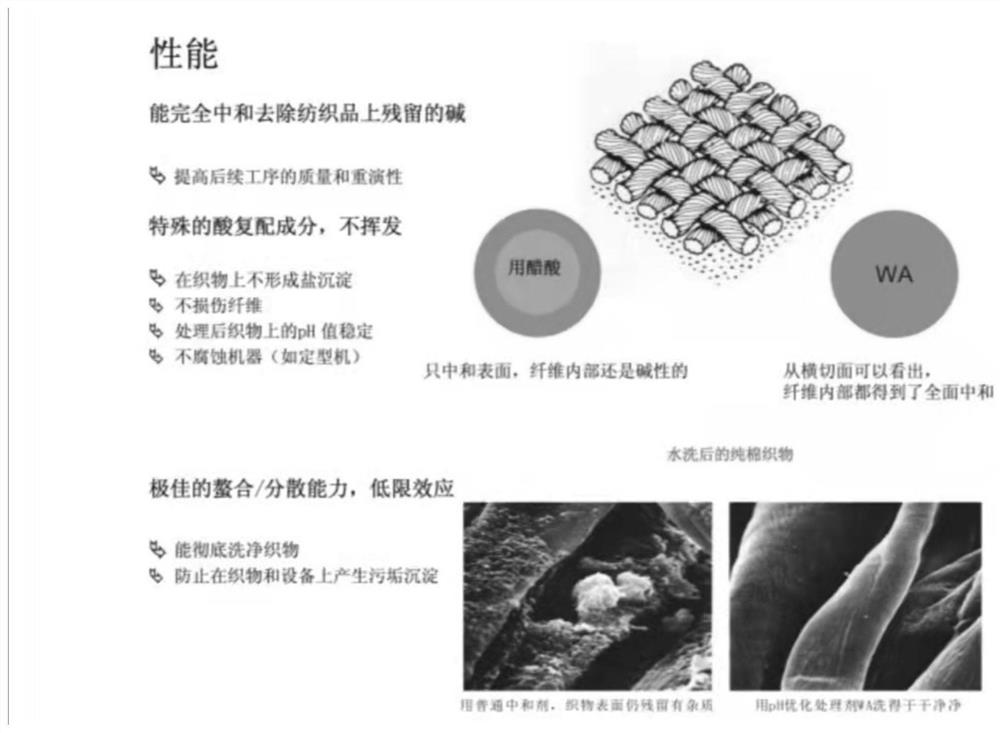Continuous dyeing and finishing process for bamboo-cotton-polyester blended antibacterial anti-ultraviolet anti-static woven fabric
An anti-ultraviolet and electrostatic machine technology, applied in the field of printing and dyeing, can solve the problems of simple processing technology, low production efficiency, poor light fastness and perspiration fastness, etc., to promote popularization and application, improve production efficiency, and ensure whiteness effect of effect
- Summary
- Abstract
- Description
- Claims
- Application Information
AI Technical Summary
Problems solved by technology
Method used
Image
Examples
Embodiment 1
[0120] 1. Select fabric bamboo cotton polyester blended woven fabric (32*32*130*70*63 inches) with electrostatic grid, boil and bleach: enzyme oxygen one bath process: padding NaOH 30g / L, H 2 o 2 15g / L, enzyme oxygen one-bath scouring agent (three-in-one component) 10g / L.
[0121] All the other are processed according to the above-mentioned continuous dyeing and finishing process of the present invention. The corresponding numbering of the semi-finished product is 1, and the corresponding numbering of the finished product is a. The dyestuffs used in the dyeing process are: disperse dyes are Disperse Red SF-2G (100%), Disperse Orange F3R (100%) ), Disperse Orange 2GFL, Disperse Fluorescence G (100%), the reactive dyes are Scarlet 2GF from Nippon Rice Field Company, brilliant red BSF from Japan Indy Field Company
[0122] 2. The cloth is selected as bamboo cotton polyester blended woven fabric (32*32*130*70*63 inches) with electrostatic grid, and the cooking and bleaching adop...
PUM
 Login to View More
Login to View More Abstract
Description
Claims
Application Information
 Login to View More
Login to View More - R&D
- Intellectual Property
- Life Sciences
- Materials
- Tech Scout
- Unparalleled Data Quality
- Higher Quality Content
- 60% Fewer Hallucinations
Browse by: Latest US Patents, China's latest patents, Technical Efficacy Thesaurus, Application Domain, Technology Topic, Popular Technical Reports.
© 2025 PatSnap. All rights reserved.Legal|Privacy policy|Modern Slavery Act Transparency Statement|Sitemap|About US| Contact US: help@patsnap.com



